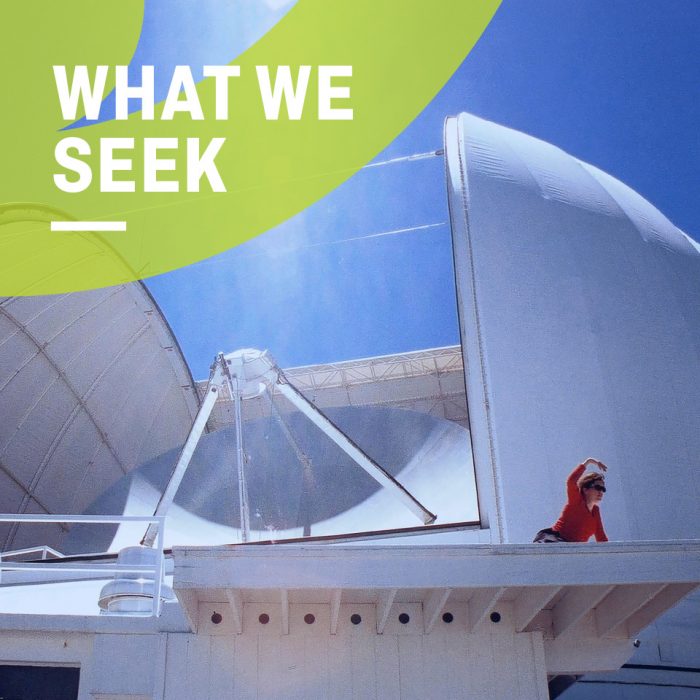
July 6, 2017 – Montreal – National Film Board of Canada (NFB)
Exploration is the theme behind What We Seek—the latest installment in the National Film Board of Canada’s online series 1 Nation. 4 Lenses, part of its special programming for the 150th anniversary of Confederation (#Canada150).
As Canadians, we have a rich history of searching: for answers, for cures, for riches, for a deeper sense of self. In the third instalment of 1 Nation. 4 Lenses, the NFB has done some searching of its own in its storied archives, to explore our immense curiosity through a curated selection of new and classic works.
In William Pettigrew’s The Vinland Mystery (1984), watch as researchers unearth the only known Norse settlement in North America, at l’Anse aux Meadows, Newfoundland. A 73-year-old prospector searches for a legendary gold deposit in the Northwest Territories in Donald Wilder’s Nahanni (1962). Brion Whitford, an Ojibway man with advanced diabetes, is on a deeply personal quest into his people’s past to find a way forward in The Gift of Diabetes (2005), co-directed by Whitford and Genie Award-winning Winnipeg filmmaker John Paskievich.
Stanley Jackson’s The Quest (1958) recreates Frederick Banting and Charles Best’s discovery of insulin at the University of Toronto, profiling one of Canada’s greatest scientific breakthroughs. Arctic IV (1974) is James de B. Domville’s early look at underwater pioneers beneath the polar ice. And in the field of cinematic discovery, Creative Process: Norman McLaren (1990) is Donald McWilliams’ stunning journey into Norman McLaren’s artistic and technical innovations.
Out-of-this-world playlist
As a featured part of What We Seek, the NFB is also showcasing a new playlist, Conquest of Space.
Included are landmark films like Roman Kroitor and Colin Low’s Universe (1962) and Eva Szasz’s Cosmic Zoom (1968), still recognized today as pioneering works of outer-space cinema.
Sidney Goldsmith’s classic Satellites of the Sun (1974) is another example of animation taking us where humans cannot yet venture, while Jean-Jacques Leduc’s Mirrors of Time (1990) is a multi-award-winning history of the measurement of time.
Carlos Ferrand, Jean Marc Larivière, Fadel Saleh and Eileen Thalenberg’s Shadow Chasers (2000) follows four “eclipse chasers” around the globe. Iolande Cadrin-Rossignol’s Hubert Reeves: Star Teller (2002), introduces us to this distinguished Canadian astrophysicist and popularizer of science, who brings science to life and underscores the need to protect our fragile planet.
On a more whimsical note, Paul Morstad’s animated short Moon Man (2004) tells the story of Codfish Dan, who makes Newfoundland history after a fishing trip in the Milky Way. Scientifiq Piqniq (2013) by Paloma Dawkins, created through the NFB’s Hothouse program for emerging animators, is a glorious reimagining of the “cosmic zoom” concept. Finally, Luc Chamberland’s The Death of Kao-Kuk (2015) is a picture-perfect Saturday morning cartoon-style adaptation of Canadian artist Seth’s series on the intrepid Inuit space explorer Kao-Kuk.
Previous and upcoming chapters
What We Call Home, the first installment of 1 Nation. 4 Lenses, was launched online at NFB.ca on February 20, followed by What We Protect (April 20). The final chapter, What We Fight For, will go online in September.
–30–
Related Products
Electronic Press Kit | Images, trailers, synopsis: Canada 150
Special Programming Canada 150 Trailer